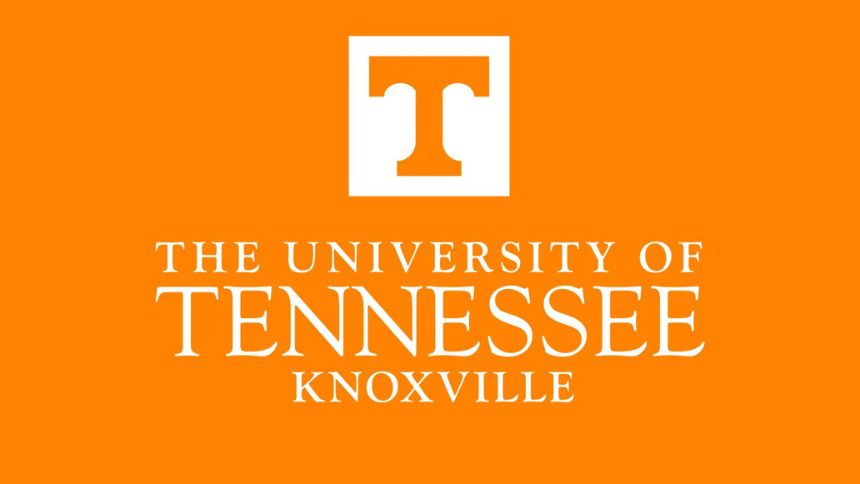
Powering the future of mobility is a UT, Knoxville priority
The strengths in fields like advanced materials and manufacturing, artificial intelligence, and supply chain management are fueling the effort.
From longer-lasting batteries and lighter-weight vehicles to wireless charging stations, sustainable materials, more efficient supply chains, and more effective public policy, the University of Tennessee, Knoxville (UTK) is powering the future of mobility. That’s according to Deb Crawford, UTK’s Vice Chancellor for Research, Innovation, and Economic Development.
“We are at the cusp of a new era in how we move people and goods from one place to another, and that is creating opportunities to be part of the new mobility economy,” she says in this recent article. “Our strengths in fields like advanced materials and manufacturing, artificial intelligence, and supply chain management combined with our mission as a flagship, land-grant university make UT an ideal partner in not just developing critical research but also training the future workforce and crafting the public policies we need.”
Crawford’s article cites efforts such as:
- The Institute for Future Mobility which was launched in September and connects industry and community partners with UTK researchers representing engineering, computer science, agriculture, chemistry, social work, economics, public policy, supply chain management, and other fields.
- TEAM TN, a coalition of more than 100 organizations, led by UTK and representing industry, community, economic development, and higher education organizations – including technical and community colleges as well as four-year universities.
- Researchers who are developing low-carbon alternatives to fossil fuels and driving the shift to zero-emission electric motors.
- Participation in the Department of Energy’s Million Mile Fuel Cell Truck Consortium to increase fuel cell durability, providing a longer-lasting energy source and lower cost of ownership for owner-drivers.
- Faculty and students who are developing communications and computational technologies to enable connected automated vehicles to: (1) observe the world through cameras, sensors, and GPS; (2) share real-time information with other vehicles; (3) communicate with smart infrastructure like traffic lights and pedestrian walkways; and (4) take effective actions in response to real-time data.
Click here to read the full list of programs and initiatives.
Like what you've read?
Forward to a friend!

